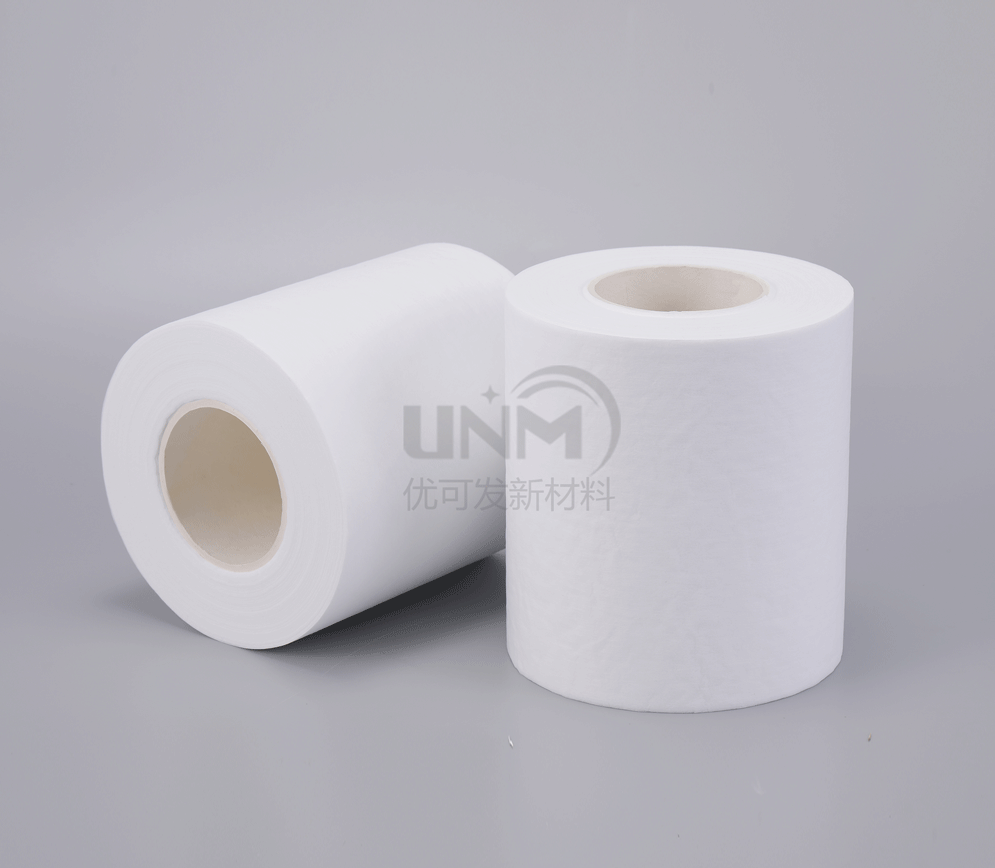Melt-blown cloth achieves the purpose of filtering bacteria through electrostatic adsorption. Therefore, the use time generally does not exceed 4 hours, and the cost is high. In addition, the use of melt-blown cloth to produce disposable masks generally requires an ethylene oxide process. After that, it needs to be stored for 14 days for analysis before it can be used. Compared with melt-blown cloth, kn95 mask filter membrane has high stability. After the masks are produced, they can be processed using irradiation technology and can be used immediately after processing. In addition, if you wear a mask for a long time, your mouth will often feel wet and uncomfortable. However, the microporous membrane protective mask has good breathability and strong water repellency, and you will not feel any obvious discomfort in your mouth if you wear it for a long time.

After testing by the testing agency, the protective masks made by kn95 mask filter film comply with GB2626-2006 “Respiratory Protective Equipment-Self-priming “Filtering Anti-Particulate Respirator” national standard, the filtration efficiency can reach KN95 level or above, and polytetrafluoroethylene microporous membrane composite fabric can replace melt-blown cloth to make masks.
PTFE mask cloth is obtained by combining kn95 mask filter membrane with non-woven fabric. The fiber diameter is less than one hundred nanometers. Pure physical filtration can effectively block viruses and PM2.5 particles in the air. The staggered mesh structure of nanofibers has good filtration efficiency and features high filtration efficiency and low resistance. Mask filter materials with two-layer and three-layer structures are available, which are similar to the common two-layer structure. They are efficient and easy to process. It is a good new material for masks. This material is a microporous film formed by expanding and stretching polytetrafluoroethylene resin. The average pore size can reach the nanometer level. Interested parties can enter the store and contact us.
</p






